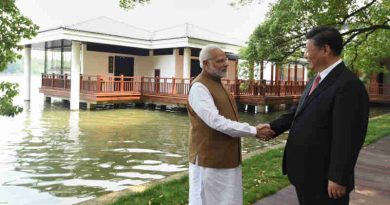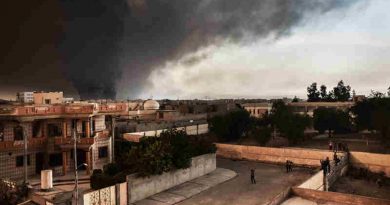Gay Sex Ban in India: LGBT Community Protests Human Rights Violations

India HIV/AIDS Alliance held a public hearing on increase in violence and discrimination cases against sexual minorities since the Section 377 verdict in 2013.
The Supreme Court of India had recriminalised same-sex sexual behaviour on 11 December 2013. According to the Alliance, the consequences of this judgment have been multiple and far-reaching. Over the past year, it says, this ruling has increased the vulnerability of gender and sexual minorities to violence, stigma and discrimination and has adversely affected the uptake of HIV services.
[ Also Read: What Are the Travel Habits of Gay and Lesbian Travelers? ]
To mark the anniversary of Section 377 judgment, India HIV/AIDS Alliance (Alliance India) organised a public hearing to discuss the consequences of the ruling and review cases of violence and discrimination that have taken place since the Supreme Court verdict.
The national event was attended by more than 500 activists and people from the lesbian, gay, bisexual and transgender (LGBT) community, stakeholders from government, and representatives from media, international agencies, and civil society.
The hearing discussed the consequences of the ruling and reviewed cases of violence and discrimination that have taken place across India since the judgment in 2013.
Speaking at the event, according to Alliance India, K. G. Balakrishnan, chairperson of the National Human Rights Commission of India and former Chief Justice of India said, “Human rights of the LGBT community need protection, and they should not be categorised as criminals.”
[ Also Read: Church Burning in India: Human Rights Commission’s Response ]
Held at FICCI Auditorium, the event included experience sharing, community performance, and speeches by community leaders and other stakeholders to discuss strategies to address this crisis. The event served to advocate for:
- Access to health care services and stigma reduction among service providers
- Increased efforts for safeguarding human rights
- Reduction in cases of violence by providing immediate crisis response
Swami Agnivesh, a politician and social activist, said, “Sexual minorities too are human. It is surprising that independent India has not been able to overcome the colonial era Section 377 law, and people still live under its fear.”
[ Also Read: Anna Hazare to Narendra Modi: Pay Rs. 15 Lakh or Face Protest ]
The public hearing was part of Alliance India’s campaign against Section 377 under the Pehchan programme. The event affirmed the principle that MSM, transgenders and hijras are lawful citizens and their fundamental human rights — including civil, political, social, economic and cultural — need to be protected and guaranteed.
James Robertson, executive director, Alliance India said, “Even though sexual minorities are full citizens of this country, they are denied opportunities to earn a living, study, and access health services. Many families reject them and push them further to society’s margins, increasing their vulnerability to a range of harms including HIV. We must join together to fight the insidious impact of homophobia and transphobia. India’s LGBT community deserves freedom too!”
India HIV/AIDS Alliance (Alliance India) is a diverse partnership that brings together organisations and communities to support a sustained response to HIV in India.
Photo courtesy: Alliance India





![CPI(M) leader Ms Brinda Karat leading the protesters in Delhi on August 26, 2020. Photo: CPI(M) [ File Photo ]](https://www.ramanmedianetwork.com/wp-content/uploads/2020/08/bkpro-390x205.jpeg)
